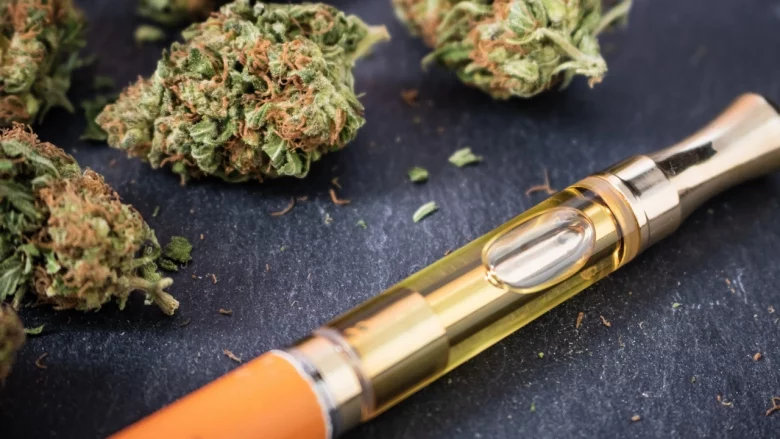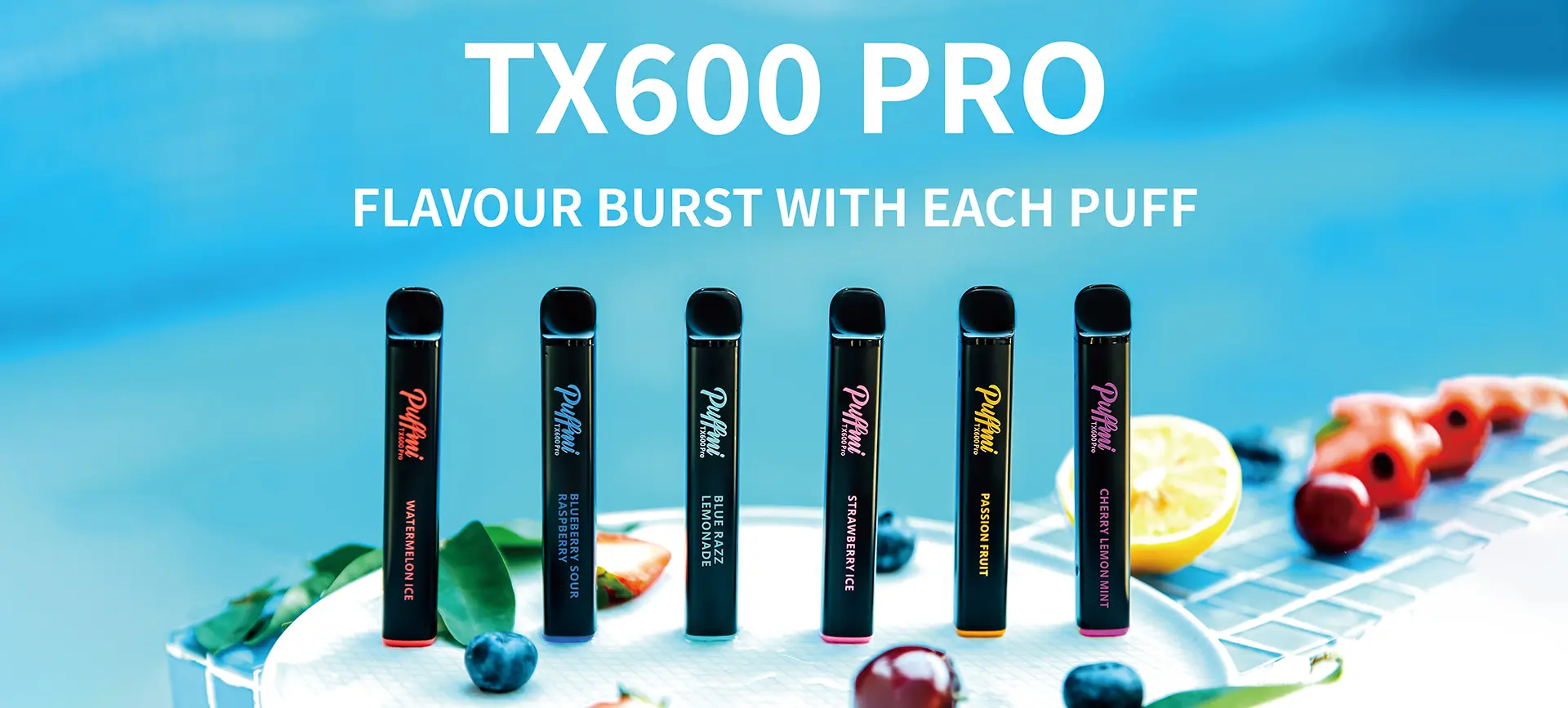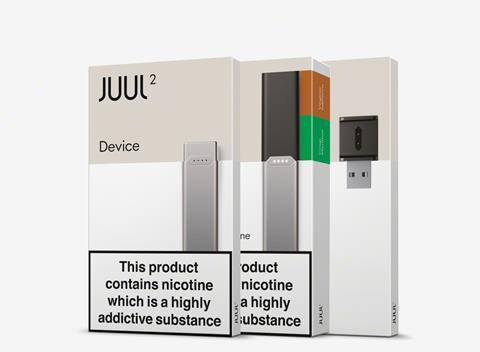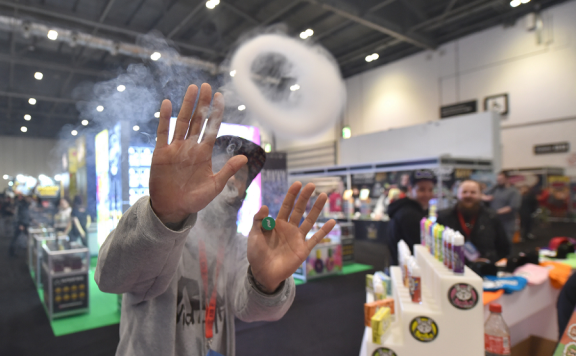The Canadian province of Newfoundland and Labrador government has lifted a late-2019 prohibiting the marketing of cannabis vape goods while maintaining a ban on the addition of non-cannabis flavors.
According to Peter Murphy, the NLC’s chief merchandising officer, the decision to distribute electronic cigarettes came after an evaluation of Newfoundland’s marijuana market by the province’s adult-use cannabis controller and wholesaler, the Newfoundland Labrador Liquor Corp. (NLC) and the provincial government.
“Due to the substantial part of the illegal market that vape embodies, we genuinely think this is a major development in trying to continue to gain market share from unauthorized operators,” Murphy said while speaking to MJBizDaily.
“It should be noted that to restrict youth allure, flavored vapes will not be authorized (excluding terpenes and natural flavors linked to cannabis itself).”
The transition creates an entirely new, though somewhat restricted, segment for vaping products: in September, Newfoundland had the second-smallest cannabis sector among Canada’s ten provinces, with tightly controlled recreational cannabis earnings worth 5.7 million Canadian dollars ($4.2 million), or approximately 1.5 percent of Canadian cannabis sales.
The Ontario-based Cannabis Council of Canada (C3) industry group’s vice president of legislative and regulatory affairs, Pierre Killeen, stated that Newfoundland’s government “ought to be commended for its decision to offer legal, examined, and controlled access to marijuana vaping devices.”
“This is commensurate with legalization’s policy goals, which include safeguarding safety and health by eradicating the clandestine market,” he added.
Killeen stated in response to Newfoundland’s prohibition on added cannabis vape flavors:
“On the public market and policy repercussions of this action, only the future will tell.” So let us give it the benefit of the doubt and observe what happens.”
After proposed laws were implemented in Canada, lawful vaporizers and other cannabinoid products including concentrates and edibles began to hit the market somewhere at the close of 2019.
The launch came after a severe public health tragedy associated with cannabis vapes, primarily in the United States. The incident caught the eye of Canadian authorities.
Quebec and Newfoundland prohibited vape marketing and Alberta briefly deferred its vape unveiling.
The Société québécoise du cannabis (SQDC), a government-owned recreational cannabis monopoly in Quebec, still doesn’t sell vape products.
Furthermore, authorities have imposed tighter requirements on concentrates and edibles within the province, which has a much larger market compared to Newfoundland, with sales for recreational marijuana valued at CA$49.7 million in September.
According to Killeen of the C3, Quebec could “stand to gain from the experience gained from its both these federal and provincial associates concerning marijuana and electronic cigarettes products, as well as the harm minimization goals that must be met by offering legal, restricted access to marijuana vaping devices.”
Cannabis vaping devices quickly became popular among Canadian marijuana users, rising to third place behind the dehydrated flower as well as pre-rolls in marketplaces documented by cannabis data firm Headset based in Seattle.
In the aftermath of the vaping health tragedy, vaping devices have received considerable popularity in the United States, with a share of the market expected to reach 25 percent.






